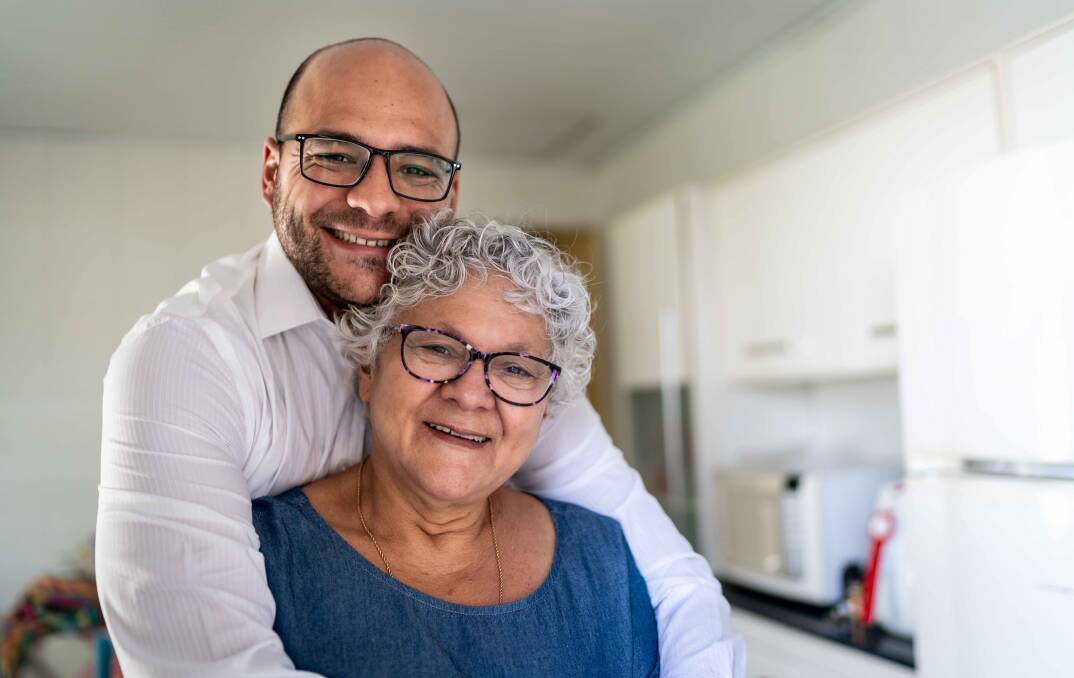Exposing the top 5 myths in advance care planning

Sponsored content
As we approach National Advance Care Planning Week (March 21-27), we debunk the top 5 myths to help you get your head around planning for your future.
Advance care planning offers the best chance for us to live life on our own terms as we grow older and face more health challenges. It makes sense to plan ahead, rather than leaving it to chance and forcing others to decide for you.
Did you know that only 15 per cent of Australians have completed any advance care planning documentation, yet around 30 per cent will be too unwell to make their own end-of-life decisions?
We've uncovered the top 5 prevailing myths that sometimes discourage people from taking active control of their future health care.
1. It's just for old people
We tend to live our lives as if we're invincible. However, any of us could suddenly experience a life-changing event like a car accident, stroke, or serious illness like COVID. In fact, a third of Australians will die before the age of 75. Just as you would plan for other major life events like retirement, it's worth planning your care in advance so you and your loved ones are well prepared, no matter what the future brings.
2. It's morbid
We all need to accept our own ageing process and the inevitability of our death as a natural part of life. Advance care planning isn't morbid, nor is it about hastening death. Instead, conversations about advance care planning should be considered an important part of healthy ageing, and a key aspect in retaining quality of life.
3. It's just about dying
It may come as a surprise but writing an advance care directive is one of the most life-affirming things you can do. Advance care planning is less about dying and more a powerful statement about who we are, how we want live and what we value most about living. It's also one of the most important gifts we can offer our family and loved ones who would otherwise be left to make difficult decisions should we become too sick to communicate for ourselves.
4. It requires a solicitor
While you can develop an advance care directive with the assistance of a solicitor, it's not a legal requirement. You will however need to have the legal forms signed by a witness (e.g. a doctor), who can help you develop a plan that is clear, coherent and aligns with your values.
5. It's too hard
While advance care planning requires some thought and discussion about your values and preferences, it's not as difficult as you might think. These conversations with loved ones are really valuable. If you choose to document your preferences as well, Advance Care Planning Australia can provide free access to the legal forms (though they do differ from state to state).
Have the conversations that matter during National Advance Care Planning Week and document your values and preferences. Make your future medical treatment your choice - and let those closest to you know your preferences.
Free information and support
Visit www.acpweek.org.au to access a free email starter pack and other information. View ACPA's new Questions that Matter Most video. You can also find face to face and online awareness raising events Australia-wide during National Advance Care Planning Week.
For free, personalised advice, call the National Advance Care Planning Support Service on 1300 208 582 from 9am - 5pm (AEST) Monday to Friday.
Advance Care Planning Australia is funded by the Australian Government and administered by Austin Health.
Sponsored content


